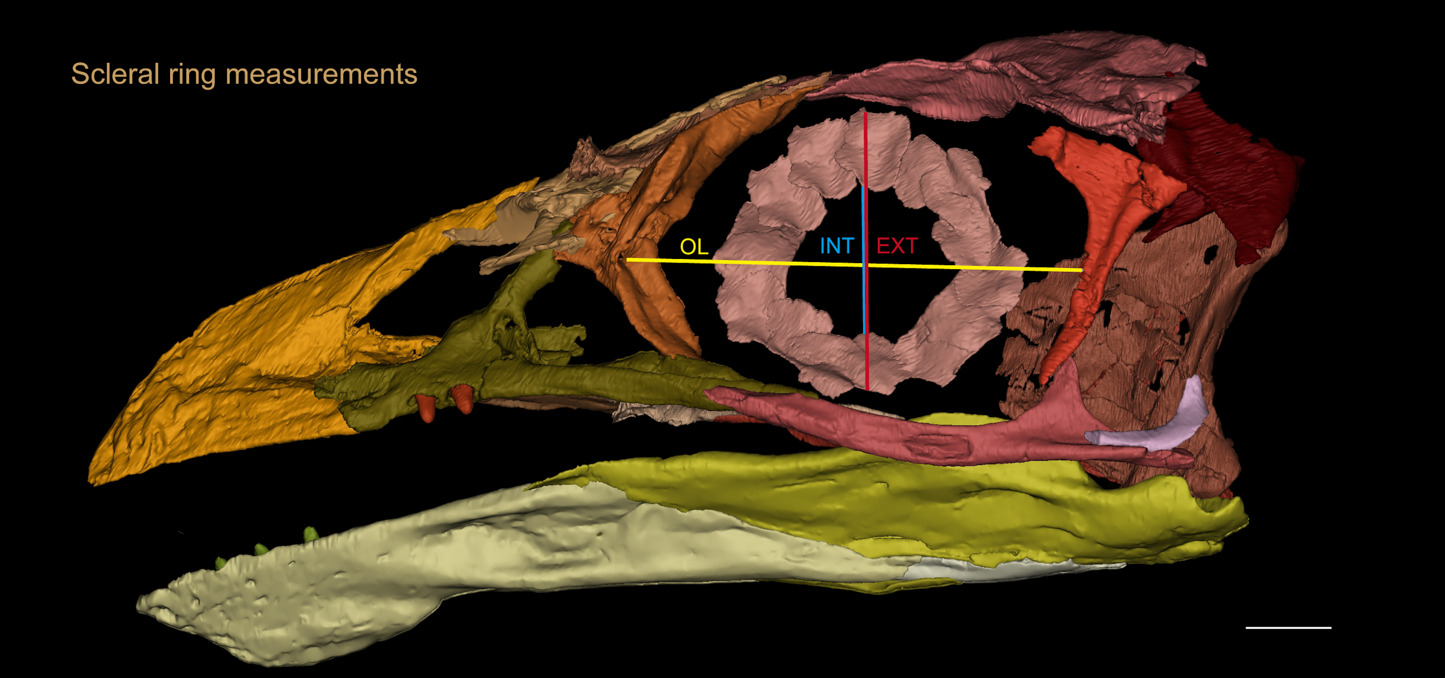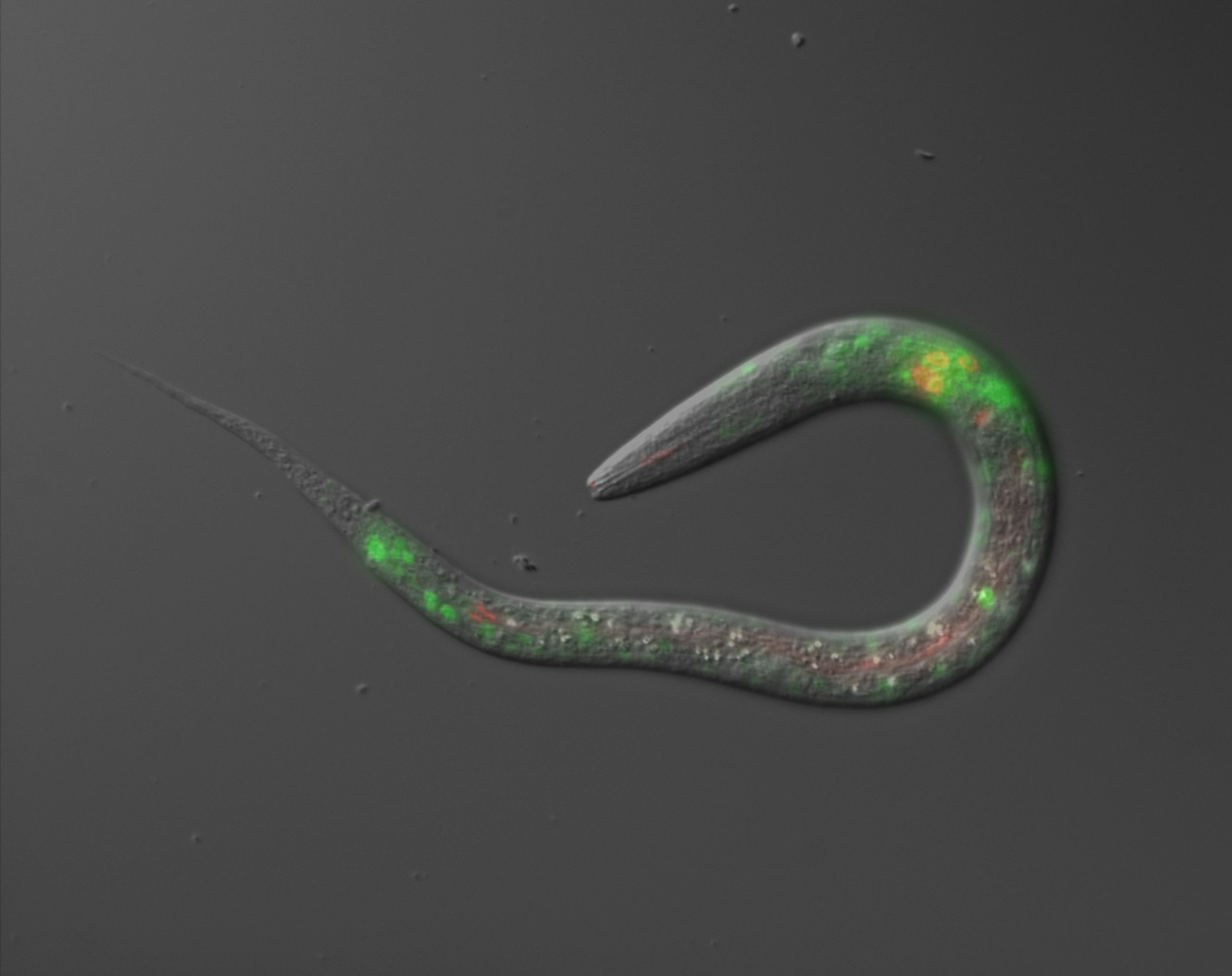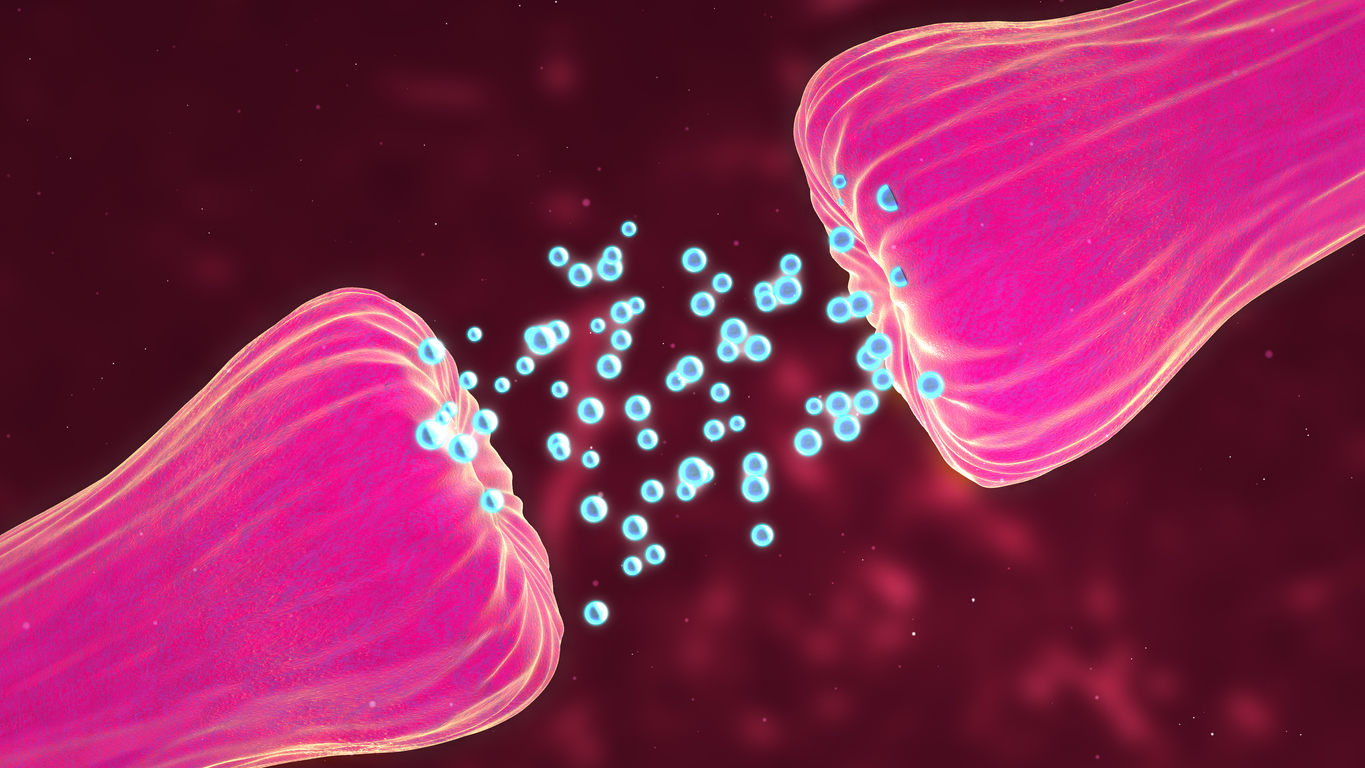Cats could remember their own names before this study, but it was unknown whether they could also remember the names of individuals in their immediate surroundings.
Researchers from Kyoto University in Japan sought to determine if cats could recognise other cats’ and their owners’ names.
The first experiment involved showing an image of a cat they shared with 48 cats (29 of which resided in a café and 19 of whom were home pets). We asked the cats if they recognised the cat in the photo.
Simultaneously, an unknown person would refer to the cat by its genuine name or a different name.
The cat’s behaviour was utilised to see if it was troubled by the wrong name; if it was, it would stare at the image for extended periods of time, as if perplexed by the mismatch. The researchers believe the cat is aware of the correct name for the species shown and can refer to it by name.
Cats and their friendships put to the test.
Household cats paid higher attention to the monitor when the incorrect name was spoken, indicating a ‘expectancy violation effect,’ the researchers wrote in the journal Scientific Reports.
In the second phase of the investigation, the experiment was repeated, but this time with images of the humans who owned the 26 cats.
The researchers added that this investigation gives evidence that cats may link a companion’s name and face without explicit training. This research may therefore show that cats can recognise a friend’s name and face.
Despite the fact that cats and people have a greater link, the experts believe that cats can remember the names of their owners.
Several factors influence a cat’s ability to recall its owner’s name. The number of members in the cat’s family and the amount of time the cat has lived with their human are two of these influences.
If the family is larger and they have been a part of the group for a longer time, there is a better probability that someone will recall a name.
The researchers interpretation is that cats who live with a family for a longer period of time have a larger opportunity to hear names being used than cats who live with fewer individuals. They believe this is because cats who live in larger houses have a better probability of hearing their names called than cats who live in smaller households.
Finally, domestic cats matched the names and faces of their partner cats, as well as the names of their human family members. This is the first proof that domestic cats link human words with their social referents through their daily activities.
There is a need for additional investigation.
The researchers stated that the data implies that cats can recognise who is speaking to whom in normal scenarios. However, how cats learned to correlate their names with their faces is uncertain. They suggest that more research be done on this topic.
Cats can recognise the names of at least one companion cat and possibly a human family member, according to research. However it’s understandable to question why cats remember their owners’ names at all.
Competition is an important factor that could influence the outcome. For example, if a cat’s owner says her name, the cat may get food; however, if the owner says the name of another cat, the animal may not get food.
Because humans and cats do not compete, human names and faces may have a lower association.
Story Source: Original release written by The Telegraph. Note: Content may be edited for style and length by Scible News.
Reference
Takagi, S., Saito, A., Arahori, M., Chijiiwa, H., Koyasu, H., Nagasawa, M., Kikusui, T., Fujita, K., & Kuroshima, H. (2022). Cats learn the names of their friend cats in their daily lives. Scientific reports, 12(1), 6155. https://doi.org/10.1038/s41598-022-10261-5








